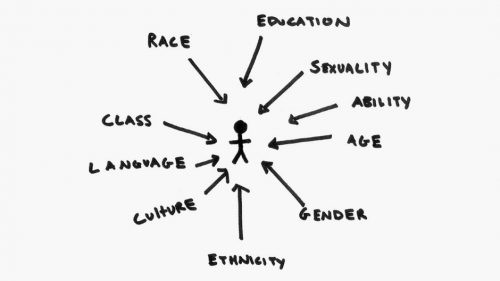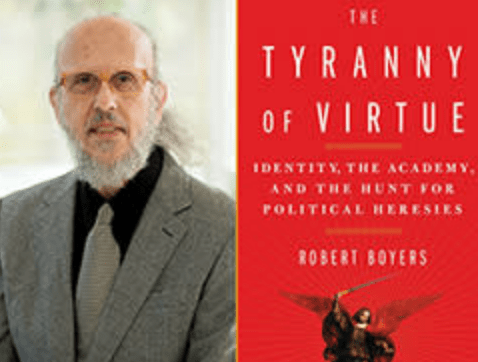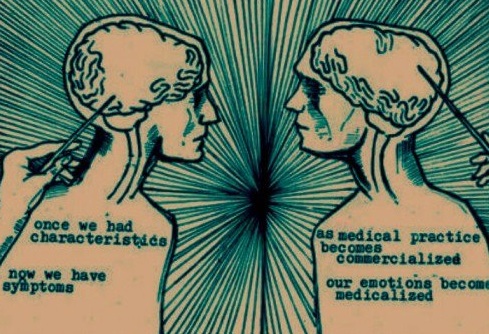After the 2004 US election, pundits – and college students like myself – went looking for answers. How could Americans re-elect a buffoonish warmonger like George W. Bush? Over the course of a decade, this search guided me from pundit-generated pablum like ‘NASCAR Dad‘ to the philosophically compelling ‘looping effects of human kinds’, as Ian Hacking put it. Let’s trace that journey.
What struck me about the punditry is their attribution of an ordinary event – the re-election of a president – to hidden, mysterious forces. Who were these NASCAR Dads riding to Dubya’s rescue? As it happens, they’re no one new. Lifting up the hood reveals the same white, mostly male, non-college educated voters who elected Reagan in 1980 and Trump in 2016. They vote Republican in every election. ‘NASCAR Dad’ is only a seemingly fresh take on an old story, loaded this time with cultural references.
But I drew lessons from getting burned by bad punditry and bad political science. Through works like ‘Making Up People‘ and The Social Construction of What?, I found philosophers doing great work on classifications of people and how people react – the ‘looping effects’ of my title! And so, I’ll start there. What are ‘looping effects’, and how do they apply to the term ‘bisexual’? Does it mean people aren’t really bisexual, just as people aren’t really NASCAR Dads? Or are NASCAR Dads real after all? Is there some ‘authentic self’ prior to how we’re grouped?
Continue reading




